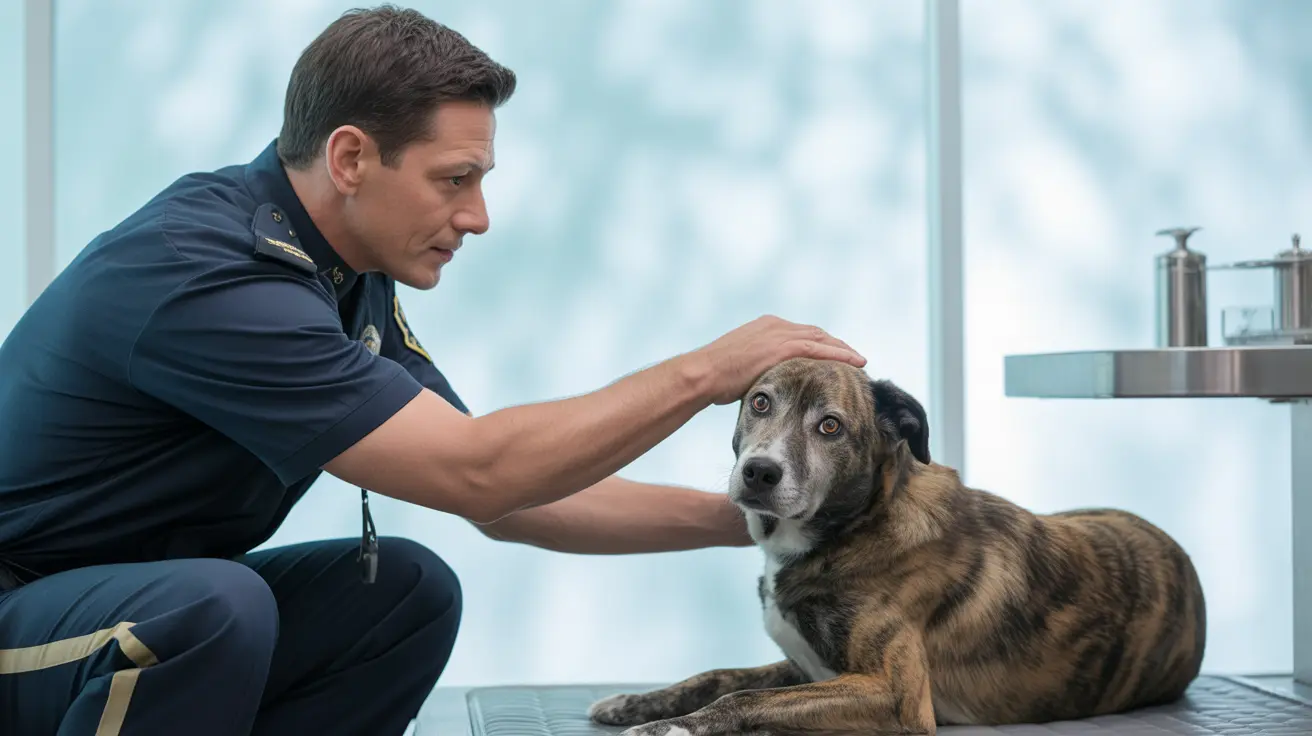Genetic disorders in cats represent a significant concern for pet owners and breeders alike, affecting both purebred and mixed-breed felines. These inherited conditions can impact everything from kidney function to heart health, making it crucial for cat owners to understand their causes, symptoms, and management options.
In this comprehensive guide, we'll explore the most prevalent genetic disorders affecting cats, their symptoms, and what you can do to ensure your feline friend receives the best possible care.
Most Common Inherited Disorders in Cats
Polycystic Kidney Disease (PKD)
PKD stands as the most frequently diagnosed genetic disorder in cats, particularly affecting Persian breeds and their relatives. This condition causes multiple cysts to develop in the kidneys, potentially leading to kidney failure if left unmanaged. Early symptoms include increased thirst, frequent urination, and unexplained weight loss.
Hypertrophic Cardiomyopathy (HCM)
HCM affects the heart muscle, causing it to thicken abnormally. Maine Coons and Ragdolls are particularly susceptible to this condition. Symptoms may include breathing difficulties, lethargy, and in severe cases, sudden collapse.
Vision and Hearing-Related Genetic Conditions
Progressive Retinal Atrophy (PRA)
This inherited condition leads to gradual vision loss and eventual blindness. Abyssinian cats are particularly prone to PRA, with early signs including difficulty navigating in low light conditions and enlarged pupils.
Congenital Deafness
White cats, especially those with blue eyes, have a higher risk of being born deaf. This condition can affect one or both ears and is linked to the dominant white gene.
Metabolic and Muscular Disorders
Glycogen Storage Disease
Primarily affecting Norwegian Forest Cats, this condition interferes with proper glycogen metabolism, leading to muscle weakness and exercise intolerance.
Spinal Muscular Atrophy
Common in Maine Coons, this disorder causes progressive muscle weakness, particularly in the hind legs, due to the deterioration of spinal cord neurons.
Diagnosis and Treatment Options
Early detection through genetic testing can help identify potential disorders before they become severe. Regular veterinary check-ups, especially for breeds known to be at risk for specific conditions, are essential for maintaining your cat's health.
- Medication and dietary adjustments
- Regular monitoring and veterinary care
- Environmental modifications
- Supportive care measures
Prevention Through Responsible Breeding
The best way to reduce the incidence of genetic disorders is through responsible breeding practices. This includes:
- Genetic testing of breeding pairs
- Avoiding carrier-to-carrier matings
- Maintaining detailed health records
- Working with reputable breeders who prioritize genetic health
Frequently Asked Questions
What are the most common genetic disorders in cats and which breeds are most affected?
The most common genetic disorders include Polycystic Kidney Disease (affecting Persians), Hypertrophic Cardiomyopathy (Maine Coons and Ragdolls), and Progressive Retinal Atrophy (Abyssinians). Each breed has specific predispositions to certain conditions.
How can genetic testing help prevent hereditary diseases in purebred cats?
Genetic testing allows breeders to identify carriers of genetic disorders before breeding, enabling them to make informed decisions about breeding pairs and reduce the risk of producing affected kittens.
What symptoms should I watch for that might indicate a genetic disorder in my cat?
Key symptoms include changes in behavior, difficulty moving, excessive thirst or urination, breathing problems, vision changes, and unexplained weight loss. Any unusual symptoms should be evaluated by a veterinarian.
Are there effective treatments or management options for cats with inherited genetic diseases?
While many genetic disorders cannot be cured, they can often be managed through medication, dietary changes, environmental modifications, and regular veterinary care to maintain quality of life.
How do inheritance patterns like autosomal dominant and recessive impact the risk of genetic disorders in kittens?
Autosomal dominant disorders require only one copy of the affected gene to manifest, while recessive disorders require two copies. Understanding these patterns helps breeders predict the likelihood of offspring developing specific conditions.
Understanding genetic disorders in cats is crucial for providing the best possible care for our feline companions. Whether you're a cat owner or considering becoming one, awareness of these conditions can help ensure early detection and proper management, leading to better outcomes for affected cats.






